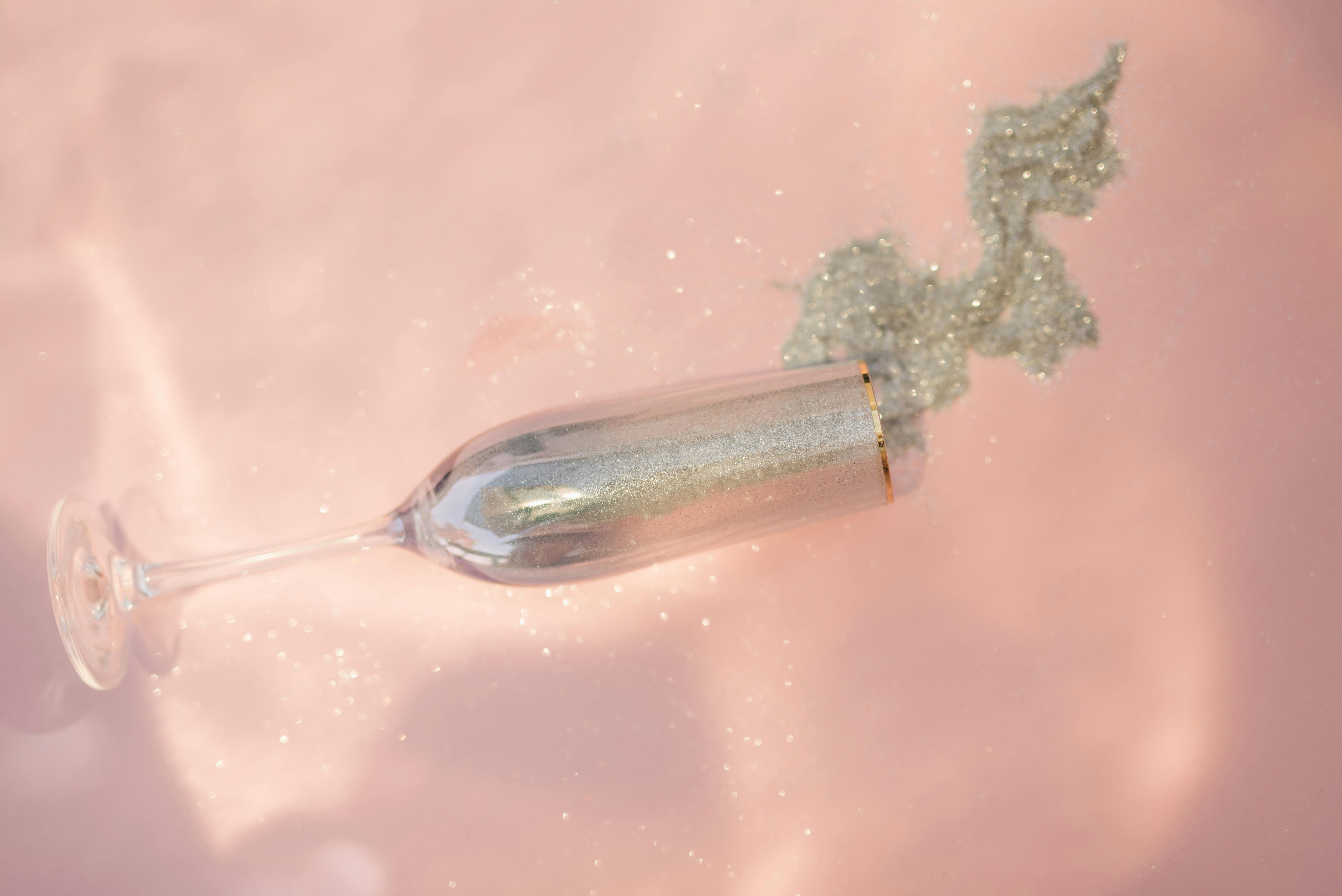Type 2 Diabetes: Are Apples Really The Best Fruit For Diabetics?
People with type 2 diabetes always want to know if fruit is okay for diabetics to eat. Unfortunately, newly diagnosed type 2 diabetics need to absorb so much information that this simple question becomes impossible to answer. On top of that, there is a lot of information on the internet about fruit and diabetes that is completely false.
Fortunately, there are quite a few types of fruits that have excellent benefits for people with type 2 diabetes. Among them are citrus fruits, such as oranges and grapefruits, all kinds of berries … strawberries, blueberries, raspberries, blackberries, cherries, and apples. Even bananas can fall into the category of good fruits, although they tend to have a bit more sugar than some fruits.
Apples: The Perfect Fruit For Diabetics?
As long as you control your blood sugar levels and don’t overdo it with too many servings of fruit, you can enjoy the nutrients, such as vitamins, minerals, antioxidants, and fiber in many fruits. Let’s take a look at the apple, as it could be the perfect fruit for diabetics.
Apples are so good for diabetics that research done on people with prediabetes found that apples can even prevent people from developing diabetes. In the 24 hours after “apple consumption,” the symptoms of prediabetes were fewer. It seems that an apple a day can be just as good at keeping the doctor away as the old saying goes.
Apples are loaded with fiber:
Apples are an excellent source of dietary fiber. Eating a medium-sized apple has the same effect as eating a bowl of bran cereal. In fact, just one apple contains 20% of the daily recommendation for fiber. Because an apple has so much fiber, it is good for controlling blood sugar levels by releasing them more slowly into the blood. This can give you long-term energy and not the rapid rise in glucose that many other fruits and juices give.
Studies have shown that apples can reduce the risk of some cancers and heart disease, and can reduce inflammation in those with joint disease. Apples are great for digestive health and have a positive effect on the colon. Also, one of the brightest research findings is that apples are packed with antioxidants.
Apples contain antioxidants:
Antioxidants scavenge free radicals … substances that cause cell damage and lead to high blood sugar levels. The antioxidants in apples are known as phytochemicals and include an extra special flavonoid called quercetin. Quercetin has been shown to prevent cancer and its benefits for many other diseases are now being investigated. It has promising-looking benefits for Parkinson’s disease and Alzheimer’s disease. If you ate an apple (with skin), about 100 grams, you would receive the same antioxidant benefits as taking 1500 grams of vitamin C.
Not only do they reduce the risk of getting type 2 diabetes, apples help remove plaque that builds up in blood vessels and causes blockages and heart disease.
Perhaps the expression “an apple a day keeps the doctor away” should be changed to “two apples a day will keep type 2 diabetes away.”
